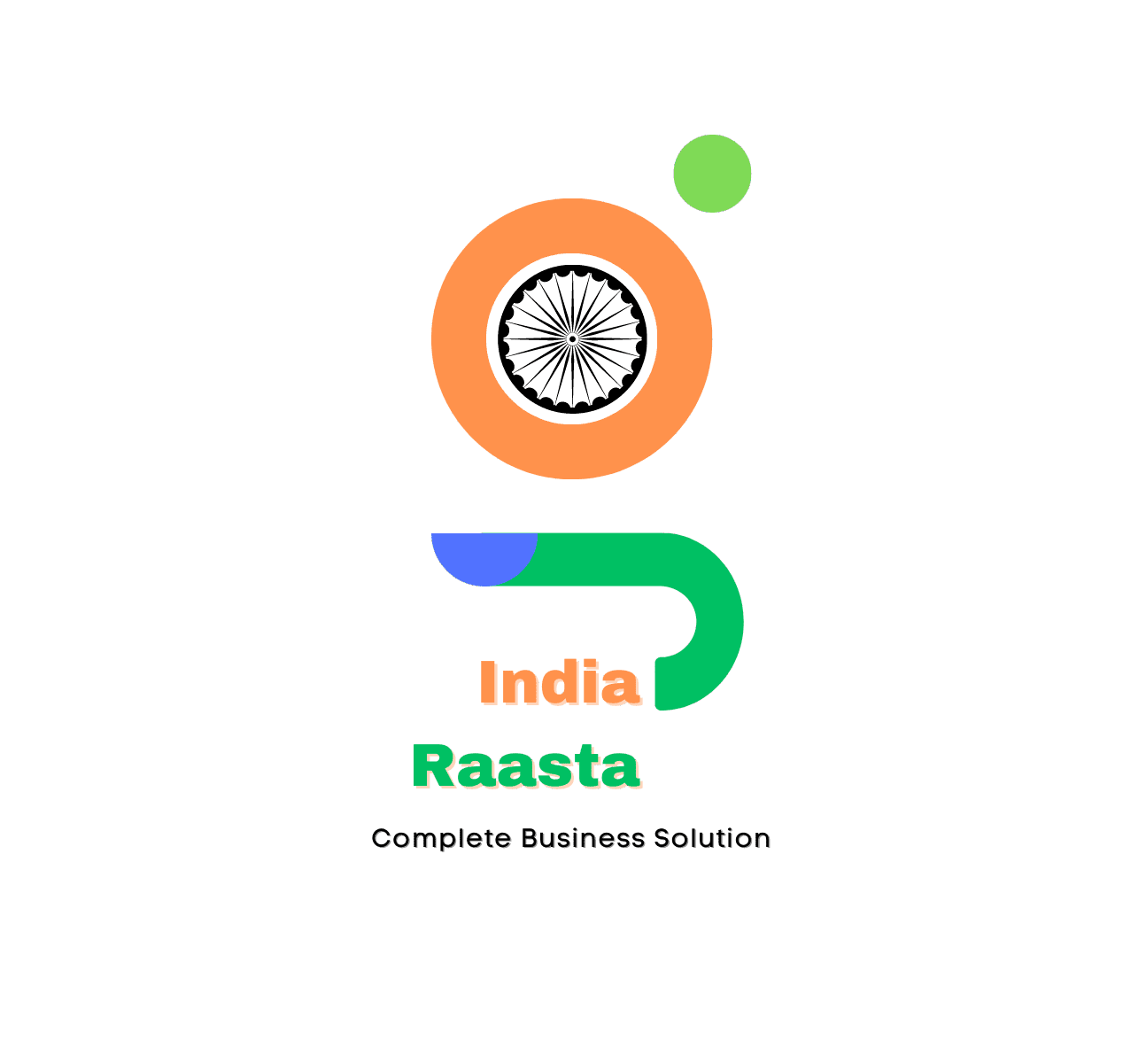Why ISO 9001 Certification Builds Customer Trust
In today’s competitive business environment, customer trust is the foundation of long-term success. Customers are more likely to engage with businesses that can prove their commitment to quality, reliability, and continuous improvement. One of the best ways to demonstrate this commitment is by obtaining an ISO 9001 Certification.
ISO 9001 is the world’s most recognized Quality Management System (QMS) standard, designed to help organizations streamline processes, improve efficiency, and consistently deliver high-quality products and services.
But beyond compliance, ISO 9001 plays a vital role in building customer confidence and loyalty.
✅ What is ISO 9001 Certification?
ISO 9001 is an international standard developed by the International Organization for Standardization (ISO). It sets out the criteria for a quality management system and is based on principles like:
- Customer focus
- Leadership commitment
- Engagement of people
- Process approach
- Continuous improvement
Businesses of all sizes and industries can apply for ISO 9001 Certification to enhance credibility and operational efficiency.
✅ Why ISO 9001 Builds Customer Trust
- Proves Commitment to Quality
- Certification shows that your business meets globally recognized quality standards.
- Customers feel confident knowing they will receive consistent and reliable products or services.
- Enhances Transparency
- ISO 9001 requires clear documentation and well-defined processes.
- Customers appreciate openness and accountability, strengthening trust.
- Reduces Errors and Defects
- The QMS focuses on preventive measures, reducing mistakes in production or service delivery.
- Customers get better value with fewer complaints.
- Improves Customer Satisfaction
- By addressing customer feedback and focusing on continuous improvement, businesses ensure higher satisfaction levels.
- Happy customers are more likely to stay loyal and recommend your brand.
- Competitive Advantage
- Many organizations prefer to work only with ISO-certified suppliers and partners.
- Certification assures customers that you meet international benchmarks.
- Long-Term Reliability
- ISO 9001 isn’t a one-time achievement—it requires ongoing audits and improvements.
- Customers see this as a sign of sustained commitment to quality.
✅ Industries Where ISO 9001 Matters Most
- Manufacturing & Engineering
- Healthcare & Pharmaceuticals
- Food & Beverage
- IT & Software Development
- Construction & Real Estate
- Education & Training
✅ How to Get ISO 9001 Certification
- Assess your business processes and identify gaps.
- Implement the required quality management system.
- Conduct internal audits and employee training.
- Apply through a recognized ISO certification body.
- Undergo external audit and receive certification.
✅ Conclusion
In an age where customers are more informed and selective, building trust is essential. ISO 9001 Certification is more than just a compliance badge—it is a powerful trust signal that shows your business is serious about quality, consistency, and customer satisfaction.
At IndiaRaasta, we help businesses across industries achieve ISO 9001 Certification quickly and efficiently, ensuring your brand earns the trust and loyalty of your customers.









